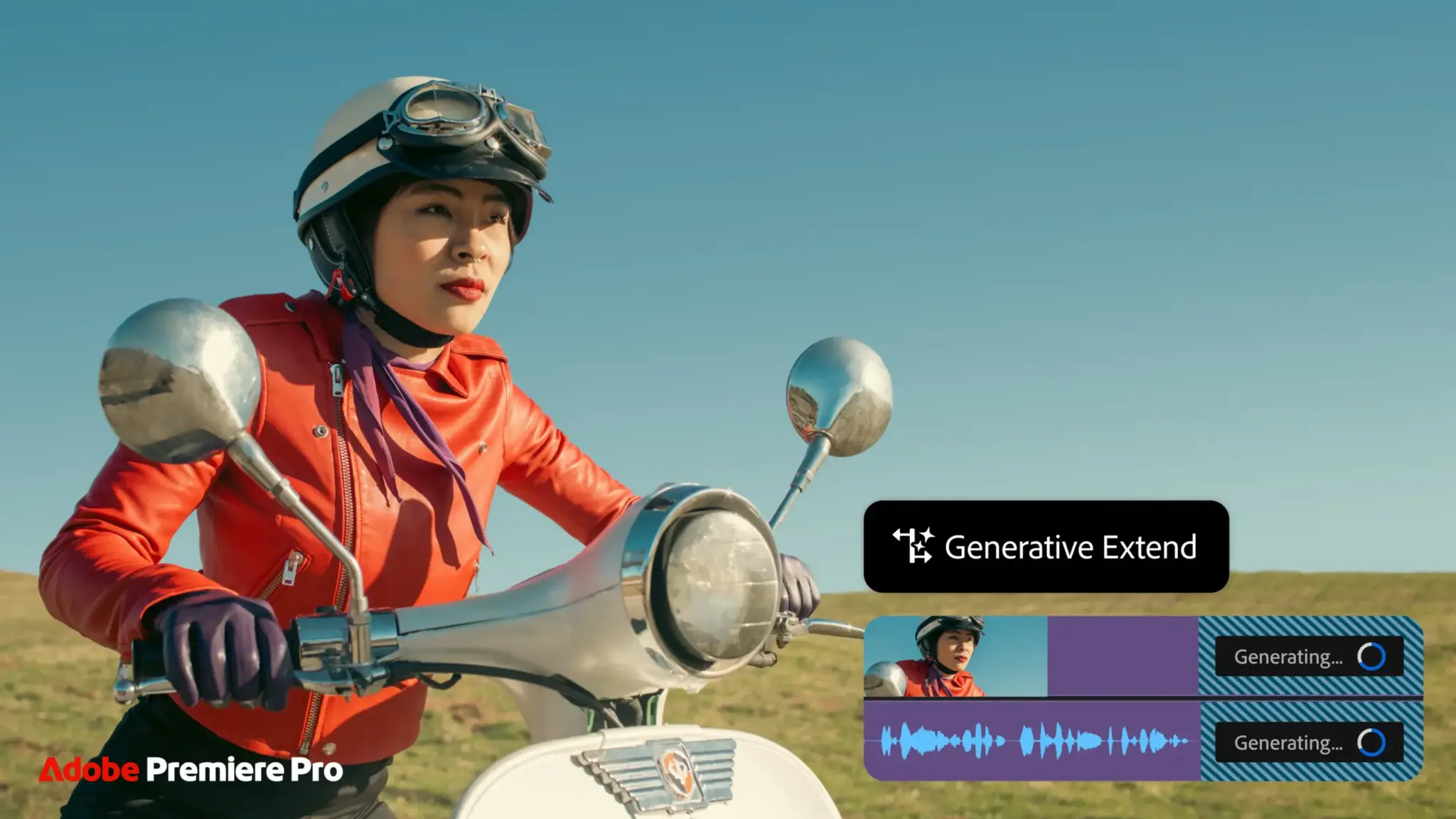Are you a Pixel phone user constantly battling with inconsistent, weak, or just plain irritating haptic feedback? Do you find yourself missing notifications because the subtle vibrations are anything but noticeable? If you’ve been nodding your head in frustration, then there’s potentially good news on the horizon. Whispers are circulating about the arrival of Android 16 Beta 3.2, and the buzz (pun intended!) is that it specifically targets and resolves many of the haptic feedback woes that have plagued Pixel devices for some time.
For those unfamiliar, haptic feedback is the subtle vibration you feel on your phone when you interact with it – typing on the keyboard, receiving a notification, or performing certain actions. When implemented well, it adds a layer of tactile satisfaction and provides crucial feedback without being intrusive. However, for many Pixel users, this feature has been a source of annoyance rather than delight. Reports have surfaced across various online forums and tech communities detailing issues ranging from weak and barely perceptible vibrations to inconsistent patterns and even random, jarring buzzes.
Imagine this: you’re in a moderately noisy environment, expecting an important message. Your phone is on silent, relying solely on haptic feedback to alert you. But the vibration is so faint you completely miss it. Or perhaps you’re typing a quick message, and the constant, mushy vibrations under your fingertips become distracting rather than helpful. These are the kinds of frustrations Pixel users have been voicing, and it seems Google has finally heard them loud and clear.
While official confirmation from Google regarding the specific contents of Android 16 Beta 3.2 is yet to be fully released, credible sources within the Android development community suggest that a significant portion of this update is dedicated to overhauling the haptic feedback system on Pixel phones. This isn’t just a minor tweak; the changes are rumored to be substantial, addressing the core issues that have been affecting user experience.
What kind of fixes can Pixel users anticipate? Based on information gleaned from early testers and leaked changelogs, Android 16 Beta 3.2 appears to bring a multi-pronged approach to the haptic feedback problem.
Firstly, expect improvements in the intensity and responsiveness of the vibrations. Many users have complained about the weak feedback, especially for notifications. This update reportedly increases the overall intensity, making it more noticeable without becoming overly aggressive. Furthermore, the responsiveness is said to be significantly improved, meaning the vibrations will feel more immediate and synchronized with on-screen actions.
Secondly, the update is likely to introduce more refined and nuanced vibration patterns. Instead of a generic buzz for every interaction, Android 16 Beta 3.2 could bring distinct patterns for different types of notifications and actions. This would allow users to differentiate between an incoming call, a text message, or an app alert simply by the way their phone vibrates, even without looking at the screen. This level of detail can greatly enhance the user experience and provide more intuitive feedback.
Thirdly, and perhaps most excitingly for many, the beta might include greater customization options for haptic feedback. Currently, the level of control users have over haptic feedback on Pixel phones is relatively limited. Android 16 Beta 3.2 could introduce granular controls, allowing users to adjust the intensity and even customize vibration patterns for specific apps or actions. This level of personalization would empower users to tailor the haptic feedback to their individual preferences and needs.
Consider a scenario where you prefer a strong vibration for calls but a gentler one for app notifications. With enhanced customization, you could set these preferences, creating a more personalized and less intrusive experience. This level of control has been a long-requested feature by Pixel enthusiasts, and its potential inclusion in this beta is generating considerable excitement.
It’s important to remember that this is a beta release. While the focus is on fixing haptic feedback issues, users who choose to install the beta software should be prepared for potential instability or minor bugs. Google typically releases beta versions to gather feedback from users and identify any remaining issues before the final public release. Therefore, if you rely heavily on your Pixel for critical tasks, you might want to wait for the stable version of Android 16.
However, for those eager to experience the improved haptics firsthand and willing to tolerate potential beta quirks, enrolling in the Android Beta Program could be worthwhile. The process usually involves visiting the Android Beta Program website, signing in with your Google account, and enrolling your eligible Pixel device. Once enrolled, the beta update should appear as a system update on your phone.
The arrival of Android 16 Beta 3.2 with its focus on haptic feedback improvements signifies Google’s commitment to addressing user concerns and refining the Pixel experience. Haptic feedback, while often overlooked, plays a crucial role in how we interact with our smartphones. When done right, it provides a subtle yet powerful layer of feedback that enhances usability and satisfaction. By tackling the existing issues, Google is taking a significant step towards delivering a more polished and enjoyable experience for Pixel users.
This update could be a game-changer for those who have been frustrated by the inconsistent or weak vibrations on their Pixel phones. Imagine finally receiving clear and distinct haptic alerts, typing with satisfying tactile feedback, and having the ability to customize the vibrations to your liking. This is the promise that Android 16 Beta 3.2 holds, and Pixel users around the world are eagerly awaiting its arrival.
While we wait for official confirmation and the release of the beta, the anticipation is building. Could this be the update that finally silences the haptic headaches and delivers the refined tactile experience Pixel users deserve? Only time will tell, but the initial reports suggest that Android 16 Beta 3.2 might just be the answer many have been waiting for. Keep an eye out for official announcements from Google, and get ready to feel the difference – hopefully, in a good way!





























